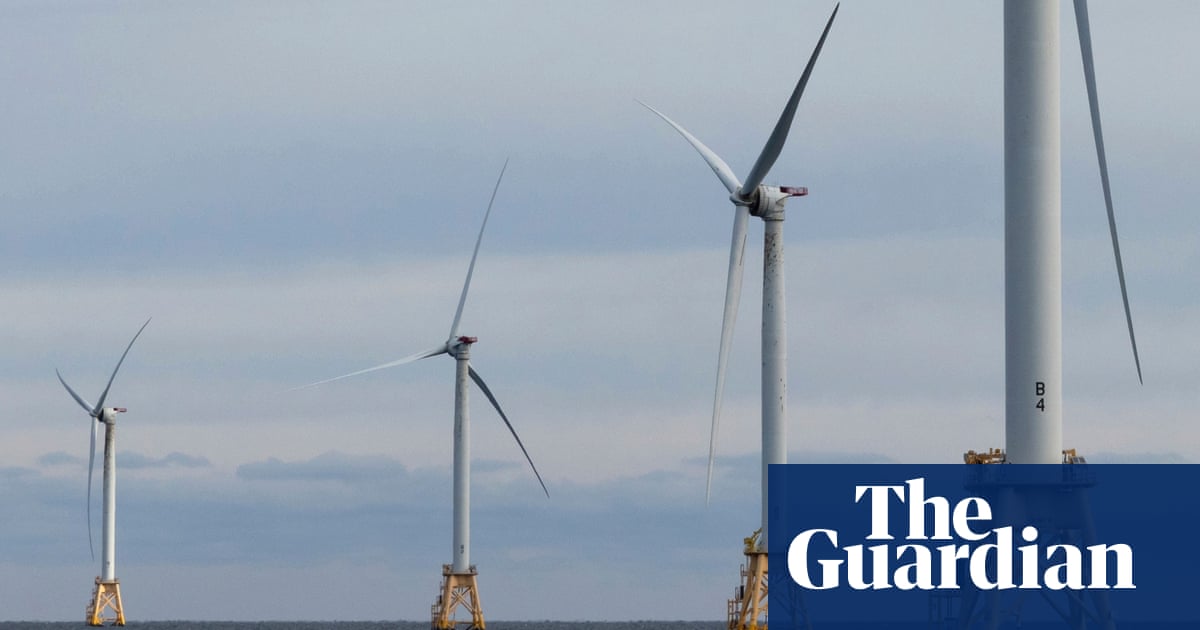The article presents a significant legal challenge initiated by a coalition of Democratic state attorneys general against former President Donald Trump's administration regarding wind energy projects. This move is framed as a response to Trump's directive to halt federal approvals for wind energy projects, which the states argue threatens an important source of clean energy.
Legal Context and Implications
The lawsuit, filed in federal court, emphasizes the legality of Trump's decision to pause wind energy project approvals. The coalition, comprising 17 states and the District of Columbia, claims that the suspension is unlawful and undermines the wind industry, which is seen as a crucial component of the clean energy landscape. This highlights the ongoing tension between state and federal policies regarding renewable energy development.
Political Messaging
The narrative constructed around this lawsuit aims to portray the Trump administration as detrimental to the progress of renewable energy initiatives. New York Attorney General Letitia James's comments underscore the perception of the administration as hindering the growth of clean energy sources, thereby appealing to environmentally conscious voters and stakeholders in the renewable energy sector.
Public Perception and Hidden Agendas
The article seeks to rally public support against Trump’s actions by emphasizing the potential negative impact on clean energy jobs and initiatives. While the lawsuit directly addresses legal concerns, it also serves a broader political strategy: energizing the Democratic base and framing Trump as obstructive to environmental progress. There may be implications that other pressing issues are being overshadowed by this legal battle, which can divert public attention.
Comparative Analysis with Other News
In the broader media landscape, this article can be connected to ongoing narratives regarding climate change and energy policy. The framing of Trump as an obstacle to clean energy aligns with other reports focusing on environmental policy impacts, suggesting a coordinated effort to challenge his administration’s environmental record.
Economic and Political Impact
The potential outcomes of this lawsuit could significantly affect state economies that rely on wind energy, as well as the broader renewable energy market. If successful, the lawsuit could lead to renewed federal support for wind energy projects, impacting related industries and stock prices of companies involved in renewable technologies.
Target Audience
This report is likely to resonate more with progressive and environmentally focused communities. The framing of the issue appeals to voters who prioritize climate action and renewable energy, thereby attempting to solidify support among those demographics.
Market Influence
In terms of market effects, this lawsuit could influence stock prices of companies involved in the wind energy sector. A favorable ruling for the states might lead to increased investment and confidence in renewable energy stocks, while a setback could have the opposite effect, highlighting the interconnectedness of politics and economics.
Global Context
This news item reflects ongoing discussions about energy policy and climate change on a global scale, particularly in the context of the Biden administration's push for renewable energy. It aligns with current global efforts to transition to cleaner energy sources, emphasizing the relevance of domestic policy disputes in the context of international climate commitments.
Use of AI in Reporting
While the article does not explicitly indicate the use of artificial intelligence in its writing, it is possible that AI models were employed in crafting headlines or analyzing public sentiment surrounding the issue. This could subtly influence how the information is presented and perceived.
The language used in the article, while factual, carries an implicit bias that may aim to sway public opinion against Trump's administration. This strategic framing suggests a potential for manipulation, particularly in how the urgency of the situation is portrayed.
In conclusion, the reliability of this news article can be viewed through the lens of its political motivations and the framing of the information presented. It reflects a clear agenda to challenge current policies and rally support for renewable energy initiatives while potentially diverting attention from other critical issues.
